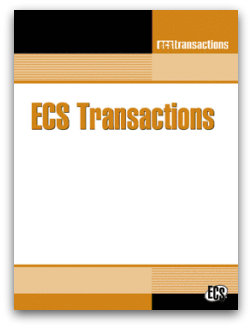 Ten new issues of ECS Transactions (ECST) have just been published for the upcoming 231st ECS Meeting. The papers in these issues of ECST will be presented in New Orleans, Louisiana, May 28 – June 1, 2017.
Ten new issues of ECS Transactions (ECST) have just been published for the upcoming 231st ECS Meeting. The papers in these issues of ECST will be presented in New Orleans, Louisiana, May 28 – June 1, 2017.
ECST Volume 77, Issues 1 to 10 can now be accessed online through the ECS Digital Library.
These issues are also available for purchase from the ECS Online Store:
- 1. Battery Electrolytes
- 2. Emerging Materials for Post CMOS Devices/Sensing and Applications 8
- 3. Plasma Nano Science and Technology
- 4. Processes at the Semiconductor Solution Interface 7
- 5. Silicon Compatible Materials, Processes, and Technologies for Advanced Integrated Circuits and Emerging Applications 7
- 6. Wide Bandgap Semiconductor Materials and Devices 18
- 7. Solid-State Electronics and Photonics in Biology and Medicine 4
- 8. Properties and Applications of 2-Dimensional Layered Materials 2
- 9. Oxygen or Hydrogen Evolution Catalysis for Water Electrolysis 3
- 10. Solid-Gas Electrochemical Interfaces 2 – SGEI 2
All issues are currently in stock as CD/USB combos, but will also be made available for purchase as instant PDF downloads beginning May 27, 2017.
While at the ECS meeting in New Orleans, limited CD/USB copies will be purchasable at registration – please be sure to stop by to browse available issues and to check out our new exhibit booth!


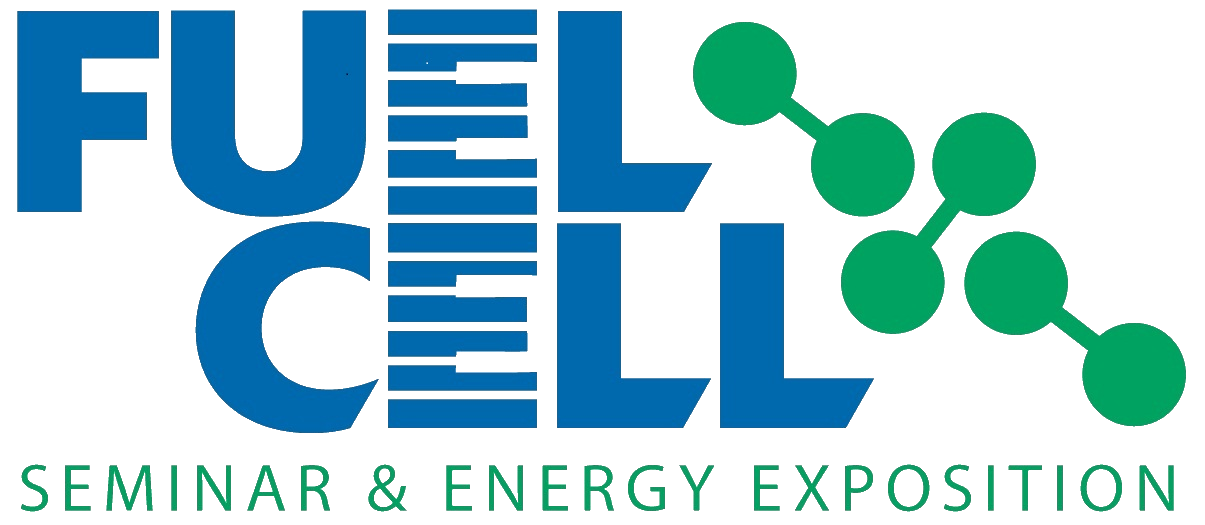 There are only 10 days left to submit your abstract to the
There are only 10 days left to submit your abstract to the 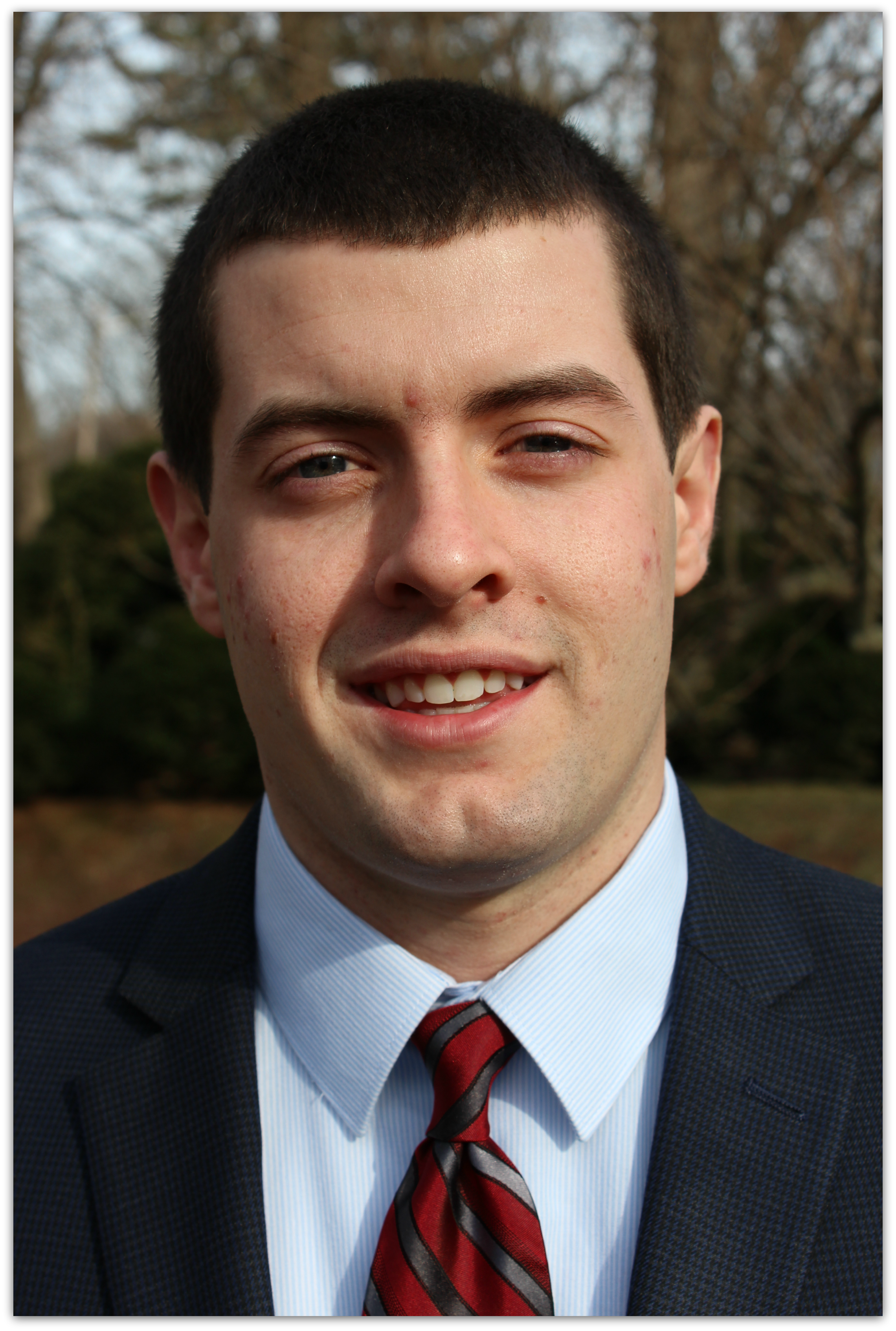 My name is Eric Pacansky and I am a graduating senior from the College of New Jersey (TCNJ). While at TCNJ, I have been studying business administration and have learned many concepts regarding how to run a business. To compliment my studies, I have had the good fortune of participating in two internships. I am grateful for the many opportunities and challenges these internships have presented, especially those I received as a membership services intern at ECS.
My name is Eric Pacansky and I am a graduating senior from the College of New Jersey (TCNJ). While at TCNJ, I have been studying business administration and have learned many concepts regarding how to run a business. To compliment my studies, I have had the good fortune of participating in two internships. I am grateful for the many opportunities and challenges these internships have presented, especially those I received as a membership services intern at ECS.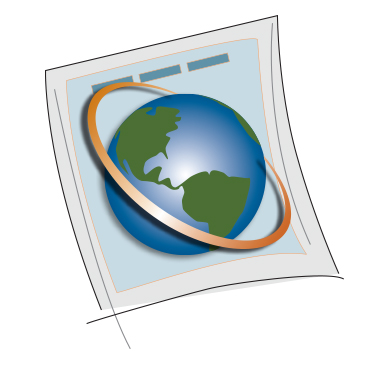 Wolfram|Alpha
Wolfram|Alpha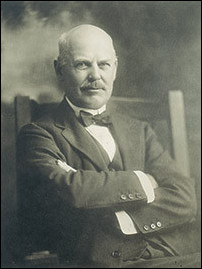 The discovery of an electric arc can be tied to the use of an electrochemical energy source. Sir Humphry Davy described in 1800 an electric discharge using electrochemical cells1 that produced what we would call a spark, rather than an arc. However, in 1808, using an electrochemical battery containing 2000 plates of copper and zinc, he demonstrated an electric arc 8cm long. Davy is also credited with naming the phenomenon an arc (Fig. 1). An electric arc was also discovered independently in 1802 by Russian physicist Vasily Petrov, who also proposed various possible applications including arc welding. There was a long gap between the discovery of the electric arc and putting it to use.
The discovery of an electric arc can be tied to the use of an electrochemical energy source. Sir Humphry Davy described in 1800 an electric discharge using electrochemical cells1 that produced what we would call a spark, rather than an arc. However, in 1808, using an electrochemical battery containing 2000 plates of copper and zinc, he demonstrated an electric arc 8cm long. Davy is also credited with naming the phenomenon an arc (Fig. 1). An electric arc was also discovered independently in 1802 by Russian physicist Vasily Petrov, who also proposed various possible applications including arc welding. There was a long gap between the discovery of the electric arc and putting it to use.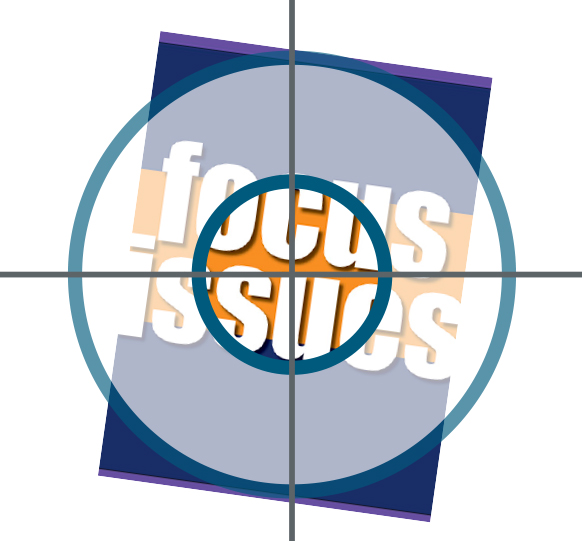 The
The 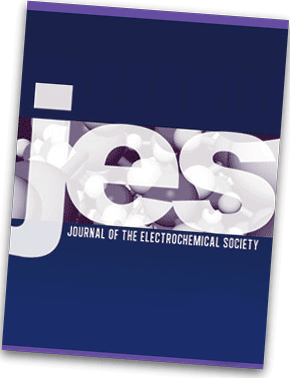 ECS is providing an opportunity for new authors to ask questions and get educated about ECS’s publications.
ECS is providing an opportunity for new authors to ask questions and get educated about ECS’s publications.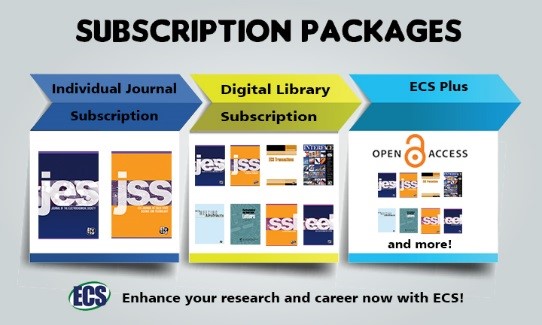
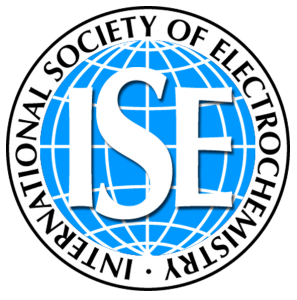 ECS is a sponsor of the
ECS is a sponsor of the 